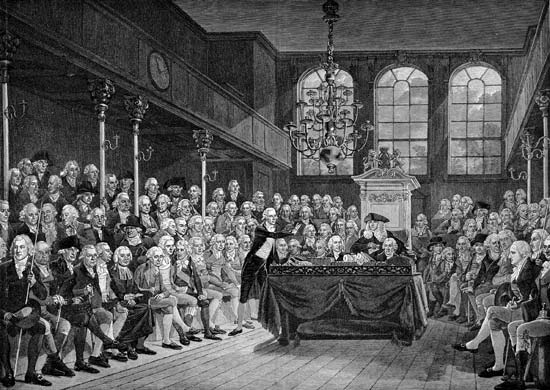Una democrazia inafferrabile: voto, elezioni e rappresentanza politica nella Gran Bretagna storica
DOI:
https://doi.org/10.13135/2038-6788/10129Parole chiave:
Democrazia, Elezioni, First-past-the-post, Gran Bretagna, Riforma elettorale, Rousseau, Scrutinio segretoAbstract
A short fragment from Jean-Jacques Rousseau’s Contrat social on the behaviour of the English voters and the limits of their participation in parliamentary elections may be a helpful starting point for a survey of some issues regarding the lessons that the historical development of the British electoral practice are likely to teach to the Italian reader who is used to pay some attention to the present debate on the electoral reform. Some attention is hereby paid to the basic features of the slow British approach to a modern democracy: the developments of the social ground of the vote; the publicity-secrecy debate and the enactment of the ballot; the shortfalls of the chaotic traditional electoral system; the Victorian milestones of the electoral reform; the connections between the modern idea of political representation and the actual performance of representative government under the pressure of the political parties, and the machinery of the first-past-the post system are rapidly sketched in their contents and with the support of some selected quotations from the thought of leading English and European thinkers ranging from the eighteenth century up to the Victorian age.


